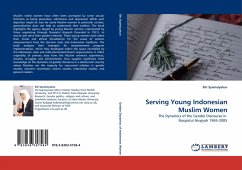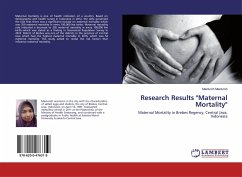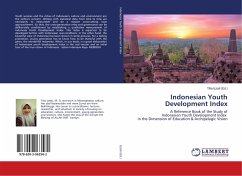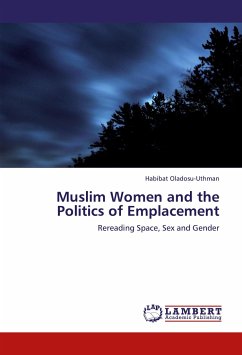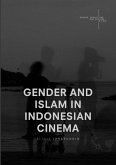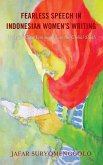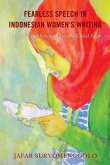Muslim veiled women have often been portrayed by some secular feminists as being powerless, submissive and oppressed. While such depiction might be true for some Muslim women in particular context, generalization does not help to understand their realities. The book highlights the agency played by young Muslim women, represented by those organizing through Nasyiatul Aisyiyah (founded in 1931), to secure and serve their gender interests. These young women have taken their moral and ethical foundations for the cause of women empowerment from the Qur'anic texts and Indonesian traditions. The book analyzes their strategies for empowerment program implementation, which they developed within the space controlled by the Indonesian state and male-dominated Islamic organizations. It offers originality of primary data from the Muslim women's experiences, dreams, struggles and achievements, thus supplies significant fresh knowledge on the dynamics of gender discourse in a democratic countrywhere Muslims are the majority for concerned scholars in gender studies, women's movement, Islamic studies, Indonesian studies, and general readers.
Bitte wählen Sie Ihr Anliegen aus.
Rechnungen
Retourenschein anfordern
Bestellstatus
Storno

